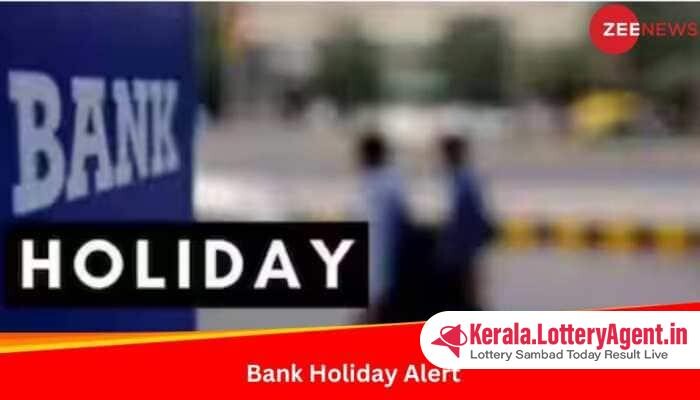
As the largest democracy in the world, India is currently in the throes of preparation for the forthcoming Lok Sabha Election 2024, slated to commence on the 19th day of April 2024. Aligning with this monumental exercise of democratic rights, the Reserve Bank of India (RBI) has issued a statement that will see several cities experiencing a halt in banking operations in observance of election procedures.
With an atmosphere charged with anticipation, cities prepping for this temporary pause in banking services include Chennai, Dehradun, Itanagar, Jaipur, Kohima, Nagpur, and Shillong. These will witness their financial institutions draw down their shutters in response to the election schedule put forward by the RBI on April 19, 2024.
The election’s vast scale will be evident as votes are cast in a total of seven distinct phases, commencing from April 19 and drawing to a close on June 1, 2024. In a move that prioritizes civic engagement, the state of Uttarakhand has stepped forward by designating April 19 as a public holiday, thus facilitating a conducive voting environment for its citizens.
Echoing a similar civic-centered principle, the Representation of the People Act, 1951 has empowered the state of Nagaland to mandate work leave for workers across all sectors, including government, private, and business establishments, to enable their participation on polling day. In the southern part of the nation, Tamil Nadu has taken a comparable step by declaring the election day a public holiday as well, ensuring voters can attend to their responsibilities at polling stations across all 39 Lok Sabha constituencies and an additional by-poll scheduled for the Vilavancode Assembly segment.
The scope of polling on April 19 spans over an expansive geographic range, encompassing a myriad of states and union territories. The territorial list where voting activities are to take place includes Arunachal Pradesh, Assam, Bihar, Chhattisgarh, Madhya Pradesh, Maharashtra, Manipur, Meghalaya, Mizoram, Nagaland, Rajasthan, Sikkim, Tamil Nadu, Tripura, Uttar Pradesh, Uttarakhand, West Bengal, along with the Andaman and Nicobar Islands, Jammu and Kashmir, Lakshadweep, and Puducherry.
It is important to note that while a wellspring of regions have gravitated towards the declaration of public holidays on account of Election Day, the RBI has refrained from implementing a uniform bank holiday across all states set to conduct elections on April 19.
Interestingly, the day subsequent to Election Day, April 20, 2024, marks the Garia Puja festival in Tripura. In observance of this cultural festivity, banking entities in the state will remain shut. This succession of events highlights the intertwining of India’s vibrant cultural fabric with its equally intricate political tapestry, as the nation prepares to enact its right to choose its governing leaders.
The perspicacity of India’s citizens, in balancing their daily endeavors with the execution of their electoral duty, underscores the robustness of the Indian democratic spirit. The fusion of public holidays and official mandates to ensure maximum voter turnout reflects the embodied values of the nation’s constitution in real-time operations. The bank closure stands as a testament to the complex logistics and coordinated efforts required in mustering a fair and accessible polling process for a population that exceeds a billion individuals.
With the RBI’s announcement and measures put in place by various states, it is a clear indication of the significance attributed to enabling every eligible voter to have a voice in the coming Lok Sabha elections. The nation watches as these planned closures knit together an intricate civic dance, a prelude to the collective expression of democratic will.












